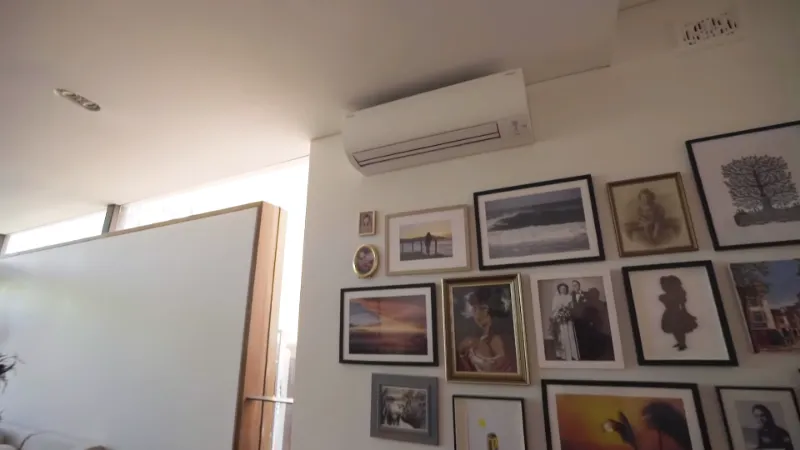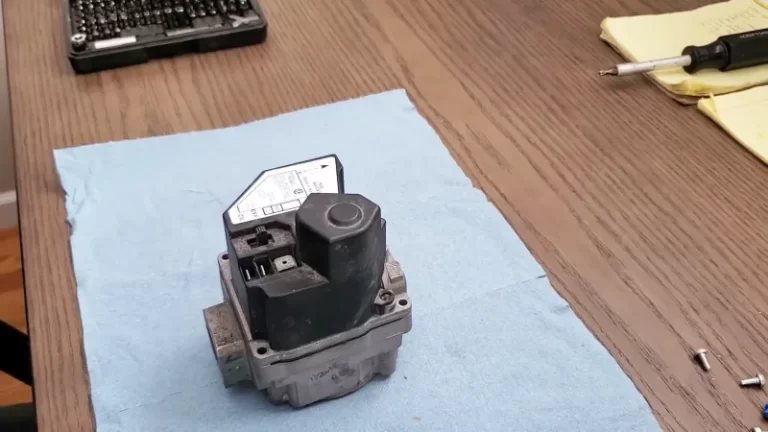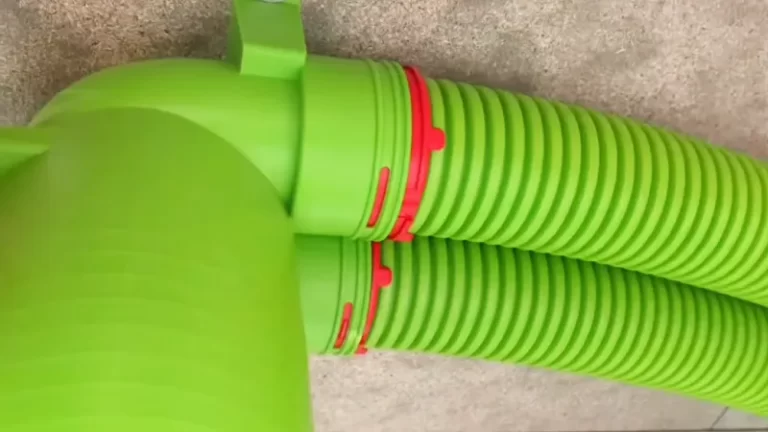Is Air Conditioner Condensation Safe To Drink For Dogs and Plants?

Air conditioner condensation can be a tempting source of water for our furry friends, especially on hot days. While it may be tempting to give our dogs a drink of this cool liquid, there are a few safety risks associated with drinking air conditioner condensation.
In this article, we will discuss whether air conditioner condensation is safe to drink for dogs and offer some tips on how to provide them with safe drinking water during hot days.
You'll Learn About
Is Air Conditioner Condensation Safe to Drink for Dogs?
The short answer is no, it is not safe for your dog to drink condensation that has been produced by an air conditioner. Air conditioner condensation is not treated water, so it can contain harmful particles, chemicals, and bacteria that could make your dog sick.
Additionally, air conditioners can also be a source of mold and mildew growth, which can cause additional health issues.
Potential Health Risks
Air conditioner condensation can contain many types of bacteria and particles that can be harmful to your pet. These can include mold spores, dust mites, and other allergens that can cause respiratory problems or skin irritation.
Additionally, it can contain toxic substances, such as residue from cleaning products or sanitizers used during maintenance.
Alternatives to Drinking Ac Condensation
If your dog is thirsty, it is best to provide them with clean, treated water instead of air conditioner condensation. Make sure your dog has constant access to fresh, clean drinking water and a cool shaded area to prevent dehydration.
Cleaning the Air Conditioner
It is important to regularly clean and maintain your air conditioner in order to reduce the amount of contaminants that can be present in the condensation. This includes changing the filter regularly, cleaning the coils and fins, and making sure that the drain lines are free of debris.
Consult Your Vet
If you are concerned that your dog may have ingested air conditioner condensation or is displaying any signs of illness, then it is best to contact your veterinarian for advice. They can help diagnose any potential health issues and provide the appropriate treatment for your pet.
Overall, it is best to avoid letting your dog drink air conditioner condensation due to the potential health risks associated with it. Be sure to provide your dog with plenty of clean, treated water and keep the air conditioner clean and well-maintained in order to help keep your pet safe and healthy.
What Happens if You Drink Air Conditioner Water?
Air conditioner water is the condensate water that is collected from air conditioners. It is the water that is produced when the evaporator coil inside an air conditioning unit cools down hot air and turns it into liquid.
The condensate water is then collected in a tray and drained away.
Safety of Drinking Air Conditioner Water
Although some people assume condensate is safe to drink, it is not considered potable because it can contain contaminants such as mold, bacteria, rust, and other particles that can make you sick. The water might also contain chlorine residues or chemicals used to clean the air conditioning unit, which can be harmful if consumed in sufficient quantities.
What Are the Risks of Drinking Air Conditioner Water
Drinking air conditioner water can lead to a number of different health issues. It can cause gastrointestinal illness such as nausea, vomiting, and diarrhea; severe contamination could require medical treatment.
Additionally, if the water contains mold or harmful bacteria, it could aggravate respiratory conditions or cause infections in vulnerable people.
What Should You Do if You Drink Air Conditioner Water
If you have accidentally ingested air conditioner water, it is important to seek medical help if you develop symptoms such as vomiting, diarrhea, fever, or breathing difficulties. Depending on how symptomatic you become, medical care may be necessary to treat dehydration or infection.
How Can You Avoid Drinking Air Conditioner Water
The best way to avoid drinking air conditioner water is to make sure it is disposed of properly. The water should be drained away from the area where it was collected and not allowed to accumulate or stagnate.
Additionally, it is important to regularly clean and maintain your air conditioning unit to make sure that it is free of mold and bacteria.
Is the Condensation Water From a Air Conditioner Safe for Plants?
Condensate can be a useful source of water for many plants because it generally lacks chlorine and many dissolved minerals, but it may contain dust, mold spores, or chemical residues, so it should be used with caution.
Benefits of Condensation Water
Condensation water from air conditioners offers some benefits to plants. It is typically low in dissolved minerals and often around room temperature, which many plants tolerate well.
Finally, it can be a cost-effective way to water plants, as it is free and easy to collect from some units.
Drawbacks of Condensation Water
One of the main drawbacks of using condensation water from an air conditioner is that it can contain dust and dirt particles that may affect the soil or roots. Additionally, it can contain mold spores or bacteria, which could be harmful to sensitive plants.
Finally, the water may also contain chemical residues from cleaning agents or environmental pollutants.
How to Make Condensation Water Safe
In order to make condensation water safer for plants, it is important to filter out any visible particles. This can be done by pouring the water through a fine mesh sieve or a simple filter.
Allowing the water to sit briefly so heavier particles settle and avoiding water collected immediately after maintenance (when chemicals may be present) can also reduce risk.
Additionally, avoid using condensate on edible plants without proper treatment and prefer it for ornamental plants where appropriate.
Is Condensate Poisonous?
Note: the term “condensate” is used for different substances. Petroleum condensate (a hydrocarbon liquid produced in oil and gas operations) is toxic and highly flammable and should be handled as a hazardous material. This is different from air conditioner condensate, which is water and not a hydrocarbon.
Proper safety precautions must be taken when handling petroleum condensate to minimize the risk of exposure, inhalation, or fire.
Is Ac Condensate Water Clean?
Condensate water is the water that condenses on the coils of an air conditioning unit. It is created when warm air passes over cold coils and condenses into water droplets. This water contains a range of minerals and contaminants such as dust, dirt, and bacteria depending on conditions.
Is Condensate Water Clean
The cleanliness of condensate depends on the environment and maintenance of the unit; even units in clean settings can produce condensate with contaminants if filters, coils, or drain pans are dirty.
Potential Health Risks of Condensate Water
Condensate water can contain a range of bacteria. While Legionella is most commonly associated with large cooling towers and complex water systems, bacterial contamination of condensate from poorly maintained units is possible and can pose health risks.
How to Clean Ac Condensate Water
If you want to reduce contaminants in the condensate water from your air conditioning unit, keep the unit well serviced: change filters, clean coils and drain pans, and keep drain lines clear. Installing an inline filter on the condensate line can help remove particulates, and professional options such as UV treatment are available for higher-risk systems.
Regular servicing and maintenance of your air conditioning unit is essential to reduce the chance of microbial growth and contamination.
Can Ac Cause Pneumonia in Dogs?
Pneumonia is an infection of the lungs caused by bacteria, viruses, fungi, and other microorganisms. It can cause inflammation and fluid accumulation in the lungs, leading to difficulty breathing and a host of other symptoms.
Air conditioning is a system used to cool or heat a space by circulating air, either from an indoor or outdoor source. It is most commonly used to cool homes and offices during hot summer months.
Air Conditioning Cause Pneumonia in Dogs
Air conditioning itself does not directly cause pneumonia; however, sudden temperature changes, drafts, or poor indoor air quality can contribute to respiratory stress and increase a dog’s susceptibility to infections that may lead to pneumonia.
Signs of Pneumonia in Dogs
The signs of pneumonia in dogs include coughing, difficulty breathing, lethargy, loss of appetite, fever, and nasal discharge. If you notice any of these signs in your dog, it’s important to take them to the vet right away.
Prevention
Air conditioners do not produce carbon monoxide. To help prevent respiratory problems in your dog, avoid exposing them to sudden and extreme temperature changes, provide a comfortably set indoor temperature, ensure good ventilation and air filtration, and keep up with vaccinations and routine veterinary care.
To Recap
In summary, air conditioner condensation is generally not safe to drink for dogs, as it can contain harmful chemicals and bacteria. If you need to provide your dog with extra water on hot days, it is best to use filtered or bottled water that has been specifically designed for drinking.
With these tips in mind, you can ensure that your beloved pup stays hydrated and healthy all summer long.



